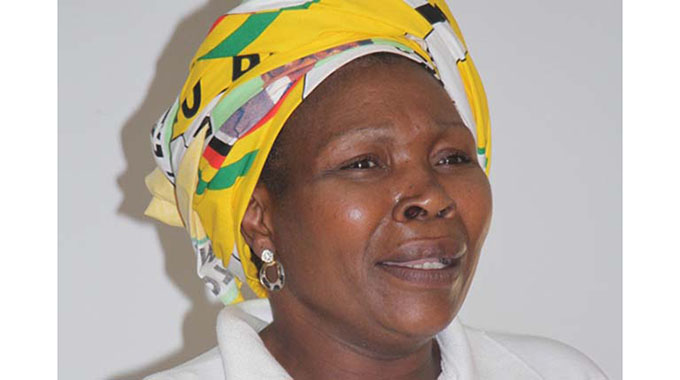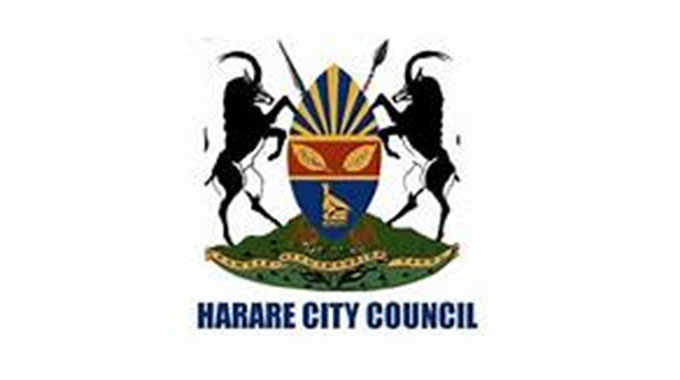Telemedicine project comes to life
Rumbidzayi Zinyuke
Senior Health Reporter
The pilot national telemedicine project will be rolled out by the Ministry of Health and Child Care next month as the Second Republic moves to ensure universal access to health services, in this case through smartphones, as enshrined in the National Development Strategy 1.
The project, which is being implemented by the Health Ministry with the Ministry of Information, Communication Technology, is funded by Potraz and will be launched in Midlands, Manicaland, Mashonaland East, Matabeleland South and North provinces targeting 173 clinics and hospitals.
Telemedicine is the use of electronic and telecommunication technology to deliver clinical care remotely, ensuring that people receive healthcare when needed, especially for those with limited access.
Speaking during a panel discussion on using digital health to improve health outcomes and access to primary health care at the Transform Africa Summit held in Victoria Falls last week, Namibia-based Dr Garikai Mushininga said telemedicine was a conduit to link patients to health care and transform provision of the country’s health services.
The panel session sought to explore how digital health could provide an opportunity for the development of African health systems given the high penetration rate of mobile telephones and mobile phone use.
Dr Mushininga said some of the key challenges facing healthcare in Africa included a shortage of trained healthcare workers particularly in rural areas, inadequate funding for healthcare as well as insufficient infrastructure.
“However, digital solutions are helping to address some of these challenges by improving access to healthcare services and increasing efficiency in healthcare delivery and this includes telemedicine. This has become increasingly popular in Africa and as improved access to healthcare services particularly in remote areas. Patients can consult with healthcare providers via video conferencing, and healthcare workers can provide remote diagnosis and treatment,” he said.
This involved the use of mobile devices such as smartphone and tablets to provide healthcare services and could include apps that provided health information and tips as well as apps that allow patients to monitor their health conditions and communicate with healthcare services providers.
The telemedicine programme linked well with the Ministry of Health and Child Care’s Impilo electronic health records system which was already running.
“Electronic health records can improve the efficiency of healthcare delivery and reduce errors, particularly in areas where paper records are still in use. This is what we are doing with Impilo electronic health records system. These systems allow for the collection, analysis, and dissemination of health data and they can help to identify health trends, track diseases outbreaks, and inform healthcare policy.” “Overall, digital solutions have the potential to improve access to healthcare services, increase efficiency, and improve health outcomes in Africa,” he said.
The telemedicine programme would allow patients to consult healthcare providers remotely, reducing the need for in-person visits and improving access to care.
Speaking at the same panel discussion, Global Fund chief information officer Mr Micheal Johnson also stressed the importance of digital health in improving health outcomes for Africa.
The Global Fund was already working with the Ministry on the Impilo programme and they were willing to support the telemedicine project as well.
Vice President and Minister of Health and Child Care Dr Constantino Chiwenga is on record saying digital health solutions would enable the Government to provide the highest possible level of healthcare and quality of life for all by 2030.
As such, the Ministry partnered with the Global Fund through the United Nations Development Programme to launch and sustain a nationwide project for broadband connectivity in the country’s top 350 health facilities based on patient volumes.
On its part, Potraz is also complementing these efforts to connect all Government clinics and hospitals and has so far connected 1000.
The telemedicine project will be rolled out in phases, with the first phase targeting rural areas and other underserved populations. Under the project, patients can access healthcare services remotely through a network of healthcare professionals, who can diagnose, treat and prescribe medication through virtual consultations.
The project is expected to significantly improve access to healthcare in remote and underserved areas, where patients often have limited access to medical facilities or specialists. It is also expected to reduce the burden on the healthcare system by reducing unnecessary visits to hospitals and clinics.
Health experts have commended the move to adopt digital health as it will also improve health service provision.
Health economist Dr Prosper Chitambara said other African countries like Rwanda and Ghana had successfully rolled out similar programmes.
“This is an important initiative which will definitely help to improve health service provision in the country. We have seen other countries do it and it has really helped to ensure access to health service by more and more people especially those in the rural areas. This is a model that needs to be implemented across the country especially in line with the mantra of ensuring that we leave no one behind,” he said.
He said telemedicine would also help to reduce the cost of providing health services and was a more sustainable way of healthcare financing.









Comments